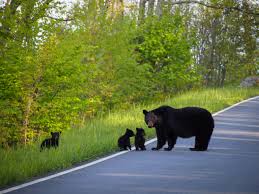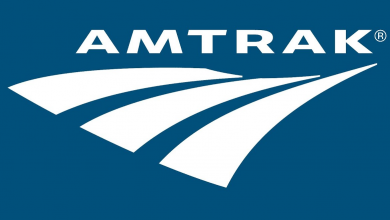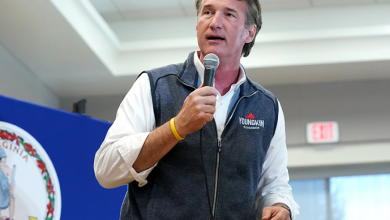Legislation to Protect Wildlife Corridors Introduced in Virginia State Senate

Virginia State Senator David W. Marsden introduced wildlife conservation legislation that will benefit the Commonwealth’s wildlife and residents.
SB 1274 promotes the protection of wildlife corridors across the state by directing key agencies to incorporate wildlife corridors and road crossings into their planning. The legislation builds on the successful wildlife corridor legislation passed last year which directed the state to produce a Wildlife Corridor Action Plan (WCAP) to identify important wildlife corridors and road crossings. It also directs the departments of Conservation and Recreation, Transportation, and the State Forester to integrate the recommendations of the WCAP into their own strategic planning documents.
This legislation comes at an important time, as wildlife-vehicle collisions are an increasingly costly and dangerous impediment to Virginia’s motorists. More than 60,000 deer-related crashes occur within the state each year, costing approximately $533 million in damages annually.
Virginia ranks 12th in the United States for deer-related car crashes, experiencing 10,000 serious human injuries and 200 fatalities due to wildlife-vehicle collisions every year. Protecting wildlife corridors and improving habitat connectivity by planning for wildlife crossings has led to a 98% reduction in wildlife-vehicle collisions at a study site in Virginia.
“This year’s effort is to help agencies to plan around the requirements of the statewide wildlife corridor plan that will be released this fall,” said Senator Marsden. “Once in place these corridors will protect our wildlife by helping keep them off highways, as well as protect human life. This bill does many good things.”
Additionally, designated wildlife corridors present a key tool necessary to complement strategies outlined in the state’s conservation strategies such as ConserveVirginia, which has prioritized protecting Virginia land with the highest 10% of conservation value by 2028. Identifying and protecting wildlife corridors will complement this strategic approach by integrating wildlife connectivity into the protection of this land.
“Wild Virginia, and our hundreds of members throughout Virginia, support SB 1274,” said Misty Boos, Executive Director of Wild Virginia. “When we plan for wildlife movement, we make sensible choices about how to avoid collisions with them and ensure that species can make their way safely across our beautiful state.”
“Through this comprehensive policy measure, Virginia has an opportunity to ensure that game and nongame wildlife have a fighting chance to migrate and to move safely between suitable habitats in order to minimize risks to their own lives as well as those of Virginians. I call this a win-win situation,” said Pat Calvert, Senior Policy and Campaigns Manager at the Virginia Conservation Network.




